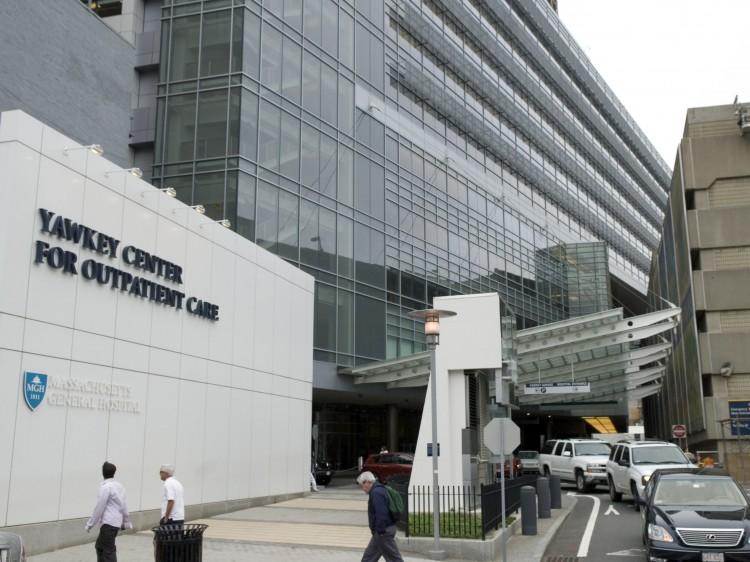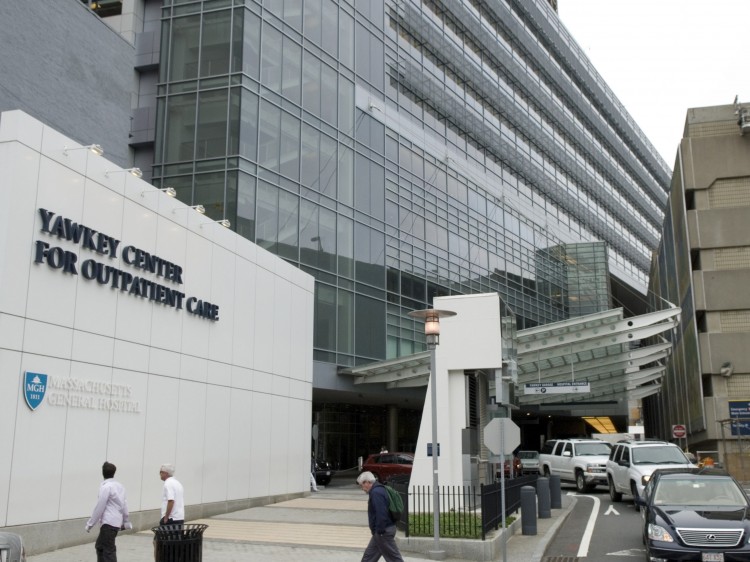Massachusetts Health Care Costs Rising
Massachusetts made health insurance mandatory, splitting the responsibility between individuals and employers.

Massachusetts investigates the global payments, a system whereby providers are given a set amount of money per patient for the care of the entire pool of their patients. Jodi Hilton/Getty Images
|Updated:





